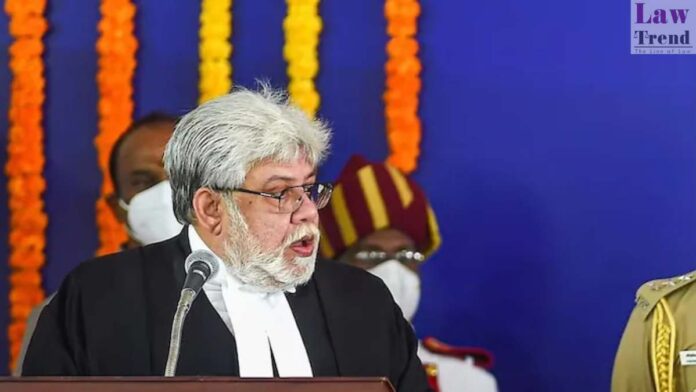Former Chief Justice of the Madras and Meghalaya High Courts, Justice Sanjib Banerjee, has recently shed light on the reasons behind his transfer from the Madras High Court to the Meghalaya High Court. Justice Banerjee dismissed speculations that his transfer was a result of his comments on the Election Commission, clarifying that the underlying reasons were much more significant and detrimental to the institution.
Justice Banerjee pointed out the difficulties faced by individuals post-retirement, as they lose the privileges and facilities that come with their positions. He highlighted how, as a Chief Justice, one could pass through airports without security checks, a convenience that ceases once the position is vacated.
In his conversation with a online news portal, Justice Banerjee revealed encountering corrupt judges during his tenure and informed the Chief Justice of India, providing evidence of their misconduct. Unfortunately, these corrupt officials were well-connected with influential figures, which Justice Banerjee believes led to his transfer as a punitive measure. He emphasized that this was the real reason behind his relocation.

Also Read
Despite these challenges, Justice Banerjee remained vocal about issues he observed. He notably criticized the Election Commission during the assembly elections for failing to enforce COVID-19 guidelines at political rallies, even suggesting that the Commission should be held accountable for exacerbating the pandemic situation. He advocated for transparency and communication in the judiciary, stating that a vocal judge is preferable as it allows lawyers to understand the judge’s perspective better, thereby facilitating a more effective legal process. However, he also cautioned against judges making political comments, underlining the importance of maintaining judicial impartiality.







